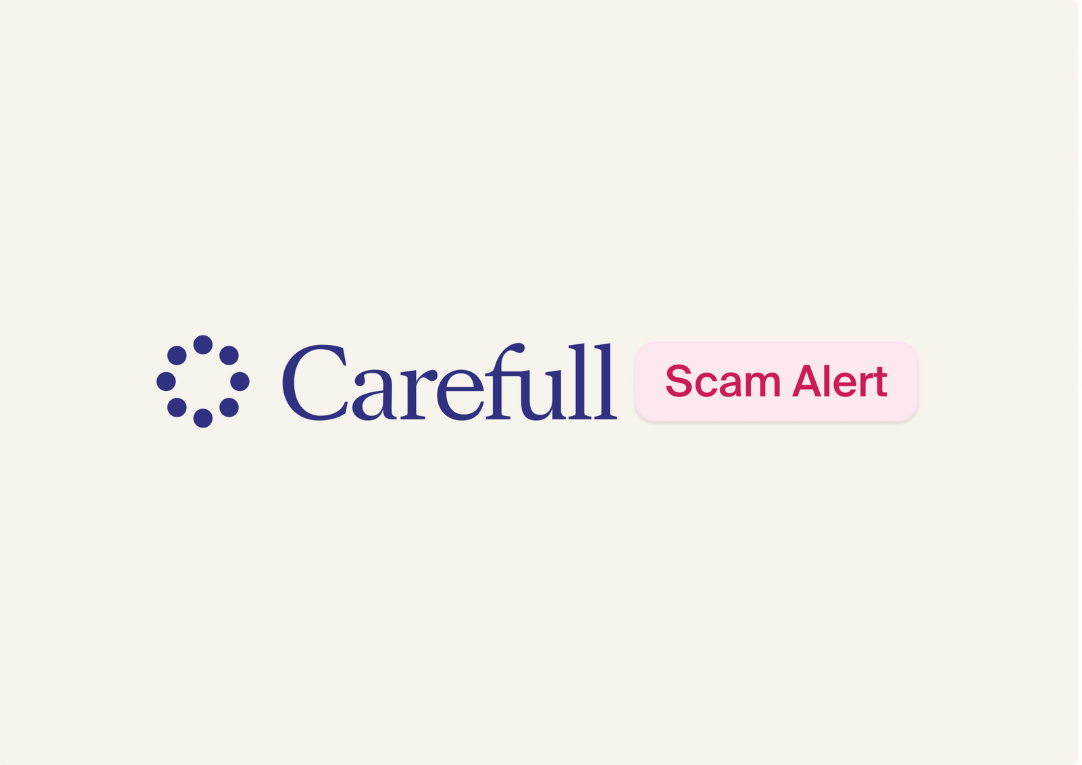What to Know About Gold Bar Scams

Cryptocurrency, payment apps, gift cards and wire transfers are among scammers’ favorite ways to get paid. That’s because these payment methods can be difficult to trace and hard to reverse.
Lately, though, scammers have increasingly been asking for a new form of payment: gold.
Given the recent rise in the price of gold, it’s no surprise that scammers have been demanding that victims give them this precious metal. In its 2024 Internet Crime Report, the FBI highlighted gold scams as one of the top fraud trends, with victims reporting $219 million in losses last year.
Gold bar scams, also known as gold bar courier scams, are carefully orchestrated, multi-stage schemes, according to the FBI. And older adults are often the targets.
To protect yourself or your aging loved ones, it’s important to understand how the gold bar scam works. Find out how to spot the signs of this scheme.
How the gold bar scam works
Scammers are convincing victims to empty their financial accounts to purchase gold bars under the false pretense of protecting their money from cyberattacks or fraudulent activity in their accounts. Once the gold is bought, the scammers disappear with it, leaving victims with massive financial losses and little legal recourse.
The initial contact: This scam can start in a variety of ways. In one version, victims get a pop-up message on their computer screen with a virus warning and a number to call for tech support. Other versions start with a phone call, email or text message with a claim that victims’ financial accounts have been compromised or their identities have been stolen.
Creating a sense of urgency: The scammers claim to be with computer software support teams, financial institutions or government agencies to establish trust. Then, the scammers try to scare victims by telling them they must act quickly to protect their money from hackers who’ve accessed their accounts. In some cases, scammers tell victims that their stolen identities are tied to a government investigation.
The gold “protection” pitch: Victims are told that the safest way to protect their money is to liquidate their bank accounts, stocks, or retirement savings and convert the money into physical gold bars. Then, they are told they need to give the gold bars to a federal agency, such as the FBI, Federal Trade Commission or Treasury Department, for safekeeping.
The gold pickup by a courier: Scammers instruct victims to wrap their gold in packages and meet couriers at specified locations to hand over the packages. Sometimes, couriers are sent to victims’ homes to collect gold bars. By the time victims realize they’ve been scammed, the gold is gone, and recovery is nearly impossible.
How to spot gold bar scams
Be alert to these warning signs that you are a target of a gold bar scam.
- Pop-up messages on your computer telling you to call a number to protect your device or your accounts. Fake alerts tend to use lots of exclamation points and capital letters to create a sense of urgency. Another telltale sign that the message is fake: It appears to come from antivirus software you don’t have installed on your device.
- Unsolicited calls, emails or text messages urging you to take immediate action to protect your accounts. Scammers want to scare you into taking action without thinking.
- Threats or demands for secrecy. Scammers tell victims that they are in trouble with the law but can’t tell anyone what is going on. The aim is to prevent victims from talking to someone who might help them realize they are being scammed.
- Requests to purchase gold or other precious metals. The federal government and legitimate businesses will never ask you to liquidate your assets to buy gold, according to the FBI.
[ See: 5 Signs of a Scam ]
How to avoid gold bar scams
Don’t share personal or account information with anyone who calls out of the blue.
Don’t click on links in unsolicited emails or text messages, even if they appear to come from a trusted business or government agency. These links could contain spyware or viruses that will create pop-up messages on your computer. Instead, call the company that supposedly is trying to reach you by looking up its number.
Don’t respond to pop-up messages on your computer. These messages could be fake. Contact your computer manufacturer’s customer support to get assistance.
Never provide remote access to your computer, especially in response to an unsolicited call, email or pop-up message on your computer. Scammers use this tactic to gain access to your account and personal information stored on your computer.
Get a second opinion from someone you trust before making any big financial decisions—even if you’re being told not to contact anyone. A quick and easy way to find out if a suspicious call, email or text message is a scam is the Carefull ScamCheck tool. Share a screenshot of the message you received or describe the message, and ScamCheck will let you know if it’s likely a scam.
Monitor your accounts, credit and identity with a service such as Carefull. Carefull’s comprehensive monitoring can alert you to signs of fraud, including transactions that could indicate that you’re a target of a gold bar scam. Carefull also includes a trusted contacts feature that can alert trusted family members if unusual activity is detected on your accounts so they can help if necessary.
Try Carefull for free for 30 days to protect your finances from fraud and scams.

3 Steps to Safer Money,
Try it Free for 30 Days
Step 1
Start your free,
no-risk trial
Step 2
Connect the accounts and cards you want protected
Step 3
Stay alerted to any
unusual activity



.png)



